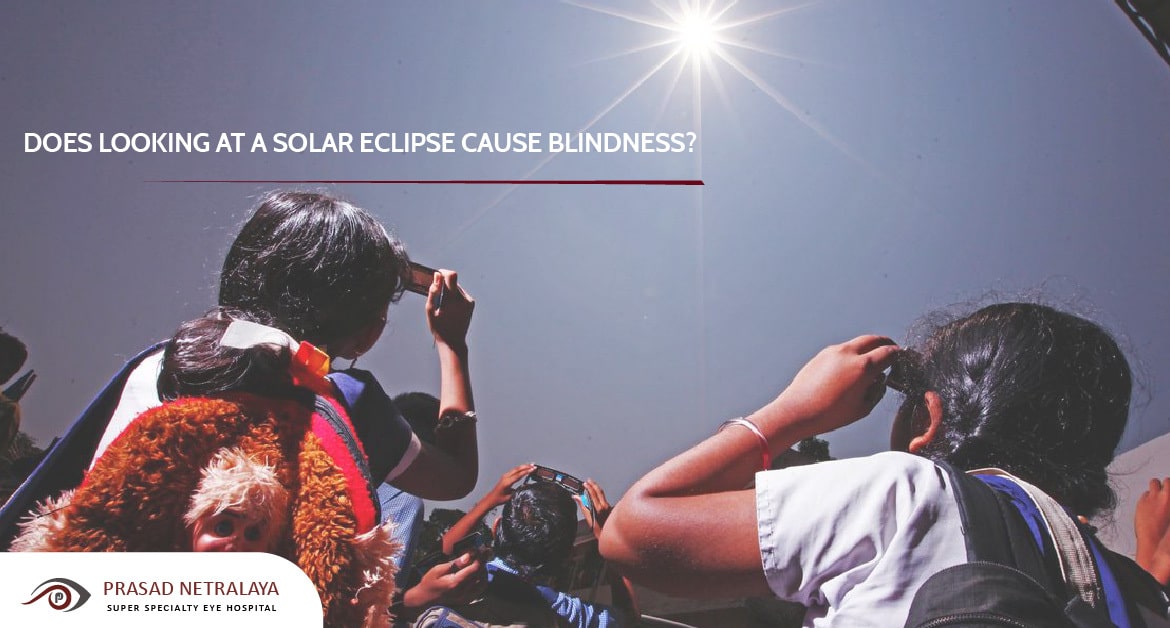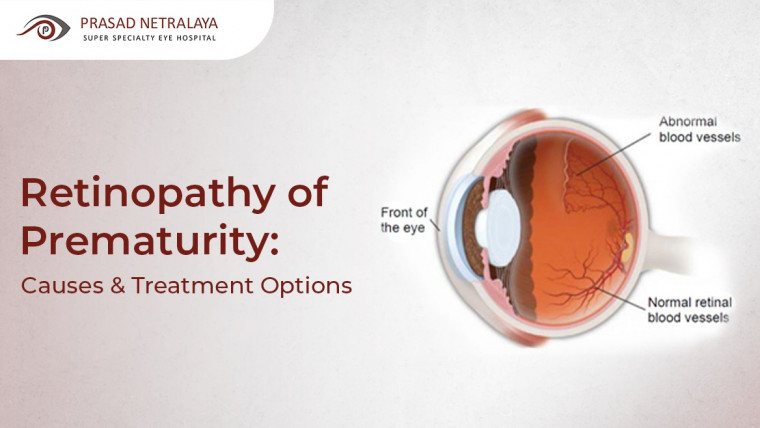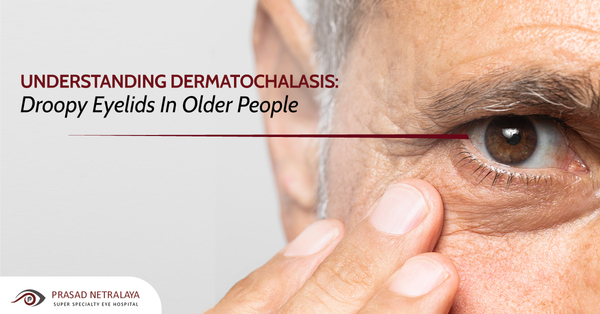If you recall being outdoors in the middle of the day and the sky fading to dark in a matter of a few minutes, you may have experienced an eclipse. A solar eclipse, to be precise. Eclipses are when the Earth, Moon and Sun are aligned in a straight line — and in 2021, this will happen 4 times — including one total solar eclipse and one total lunar eclipse. However, only two eclipses will be visible in India.
A lunar eclipse is when the Earth gets between the moon and the sun — and the earth’s shadow blocks the sun’s light which otherwise reflects off the moon. A solar eclipse is when the moon gets between the Earth and the sun, casting a shadow over the Earth. It could be a total, partial and penumbral eclipse.
Table of Contents
Is Solar Eclipse Harmful?
The sun doesn’t emit more dangerous ultraviolet (UV) light rays during an eclipse. However, the eclipse may let a potentially dangerous amount of UV light into your eyes, which has the capacity to damage the retina — which is the thin layer of tissue that lines the back of the eye on the inside and receives light to help you see.
Thus, exposing your eyes to the sun during a solar eclipse without proper eye protection can cause retinal burns, also called solar retinopathy or “eclipse blindness”. This damage may be temporary or permanent and may be felt after a few hours to several days post viewing the solar eclipse. As the sun gets eclipsed, your pupils dilate to accommodate the dimmer light. But the sun is still giving out dangerous levels of UV radiation — and more of that gets allowed into your eyes.
Symptoms of Solar Eclipse-Induced Eye Damage
The solar eclipse eye damage symptoms or problems that can occur from looking at a solar eclipse without proper eye protection may include:
- Loss of central vision (solar retinopathy)
- Distorted vision
- Headaches
- Altered colour vision
How to Watch a Solar Eclipse Safely?
These are sufficient reasons why we should not see a solar eclipse with naked eyes. A total solar eclipse may be safe to view without special equipment — as the moon completely covers the sun. Yet, caution must be exercised. And it is never safe to view a partial solar eclipse without proper safety equipment or techniques. You can use the following techniques to safely view a partial solar eclipse –
- Use solar filters or eclipse glasses: Make use of special-purpose solar filters, such as eclipse glasses or handheld solar viewers. Don’t use homemade filters or ordinary sunglasses! Even very dark sunglasses can’t protect your eyes from harmful UV radiation. Also, remember to inspect your solar filter before use and discard it if it’s scratched or damaged.
- Project through a Pinhole: This is the safest and most pocket-friendly way to watch a solar eclipse. It is also a do-it-yourself project! Make a pinhole in a cardboard paper with the sun on one side, and place or hold a piece of paper three feet away without obstruction — to project the image on the other side. Just don’t look through the pinhole at the sun. And in an indirect fashion, marvel at the beauty of the celestial bodies aligning!
- Use an optical device with a solar filter: Telescopes, cameras, binoculars and other optical devices with a proper solar filter can be used to view eclipses. Remember, solar-viewing glasses are not a substitute for a solar filter on magnification devices.
Frequently Asked Questions
Now, let us answer a few frequently asked questions about viewing a solar eclipse safely.
- Can you go blind from an eclipse?
If you view the sun without any eye protection before totality, you will catch a glimpse of the brilliant solar surface and this could cause retinal damage. Looking at a partial solar eclipse may allow a potentially dangerous amount of UV light into the eye, which can damage the eye’s retina. This could lead to “eclipse blindness”. However, during a total solar eclipse when the disk of the moon fully covers the sun, there is only electromagnetic radiation that cannot cause blindness. Yet, caution must be exercised while viewing any type of solar eclipse.
- How long do you have to look at the eclipse to go blind?
Exposing your eyes to the sun without proper eye protection during a solar eclipse is what causes them harm. You won’t notice at first. It can take a few hours to a few days after viewing the solar eclipse to feel the impact of the damage.
If you or your child have any vision changes that continue to get worse after viewing a solar eclipse, immediately seek treatment from an ophthalmologist. The experienced doctors and qualified staff at Prasad Netralaya can help you if you want to have your eyes examined — or avail high-quality eye care. Call us at +91 9513596565 or book an appointment if you wish to visit in person.
Dr. Vikram Jain, M.S. had his medical training (MBBS) from Kasturba Medical College, Mangalore, India. He did his master’s in Ophthalmic surgery from Kasturba Medical College, Manipal. He currently manages the Glaucoma department of Prasad Netralaya hospital.



